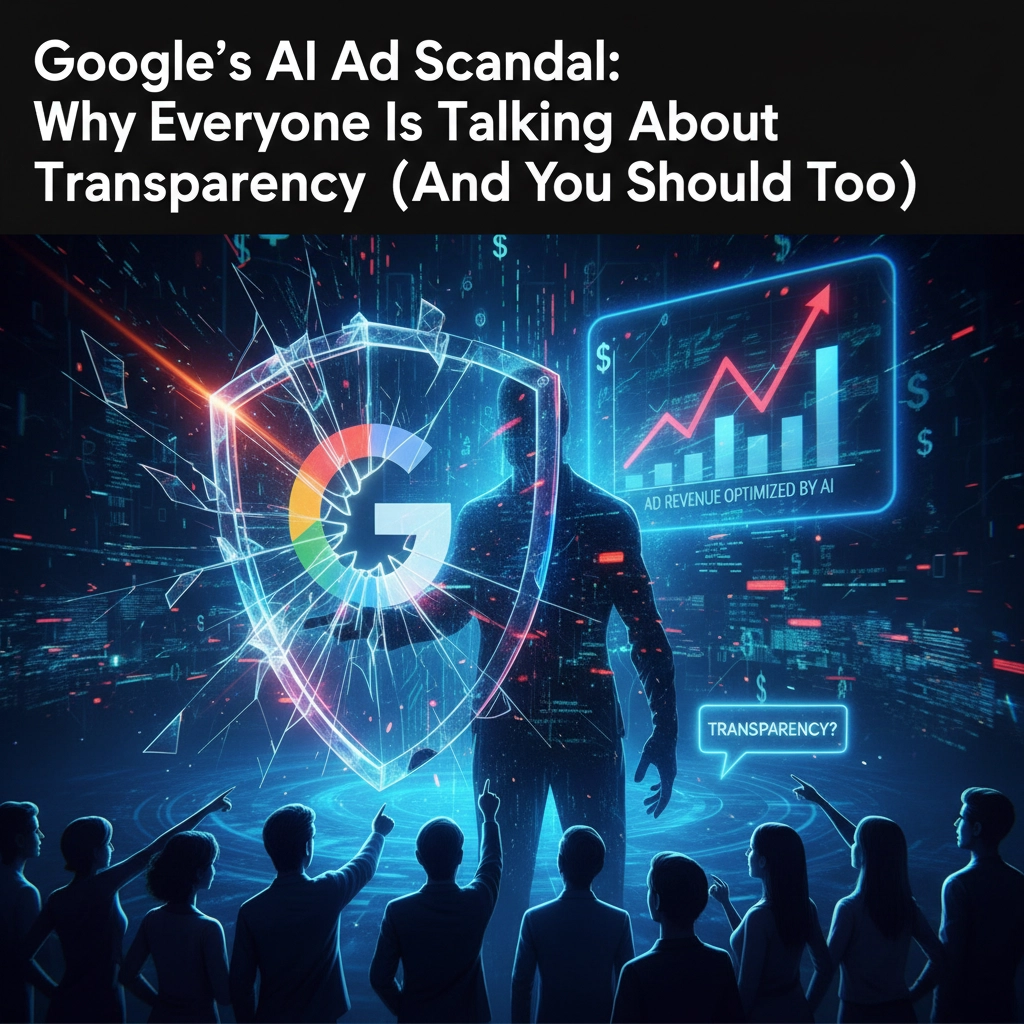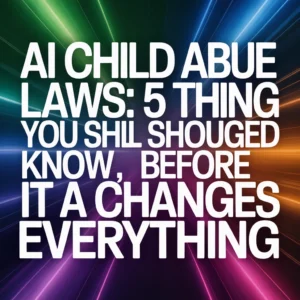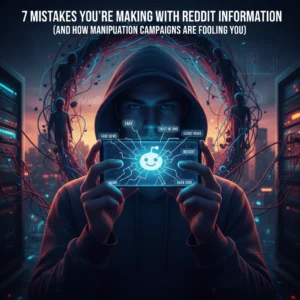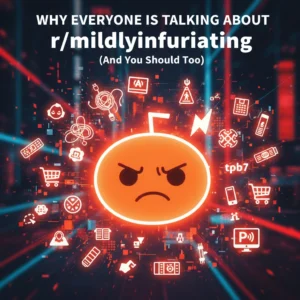Did you know that 83% of people think AI-generated ads should be legally required to carry a label, but most companies refuse to add one? That disconnect is at the heart of what people are calling Google's AI ad transparency problem.
It's not just one scandal , it's a perfect storm of consumer distrust, controversial campaigns, and regulatory pressure that's making everyone rethink how AI should work in advertising.
The Trust Gap That's Breaking the Internet
Here's the thing: advertisers and regular people see AI completely differently. While 77% of advertising professionals think AI is great for their industry, only 38% of consumers feel the same way. That's not just a small gap , it's a canyon.

But here's what gets really interesting. When companies actually tell people they're using AI, the results are pretty amazing:
- 47% increase in how appealing people find the ad
- 73% boost in how trustworthy the ad seems
- 96% jump in overall brand trust
Yet most companies still won't do it. Why? Because they're scared it'll hurt their performance. Turns out, they've got it backwards.
The problem runs deeper than just disclosure though. About 75% of people can't tell the difference between an AI-generated image and a real photo when they're looking at marketing content. So when companies don't label their AI stuff, consumers feel like they're being tricked , even when that wasn't the intention.
Google's Own AI Ads Are Causing Drama
You'd think Google would nail the AI advertising game, right? Well, their own campaigns have been causing quite the stir.
Remember their "Dear Sydney" Gemini ad? It showed a dad using AI to help his daughter write a fan letter to an Olympic athlete. People were not having it. The backlash was swift and brutal , folks saw it as Google pushing AI to replace genuine human moments and creativity.

The controversy highlighted something important: it's not just about whether AI works or doesn't work. It's about when and how companies use it, and whether they're upfront about it. Google's ad felt tone-deaf because it seemed to promote AI taking over personal, meaningful tasks without acknowledging why that might make people uncomfortable.
This wasn't just random internet outrage either. It tapped into deeper concerns about AI replacing human jobs and authentic experiences , concerns that proper transparency could help address.
When AI Police Meet AI Problems
Here's where things get really complicated. Google uses AI extensively to clean up bad ads, and they're actually pretty good at it. In 2024 alone, they:
- Removed over 5.1 billion advertisements
- Suspended 39.2 million advertiser accounts suspected of fraud
- Suspended 700,000+ accounts for using deepfake images to impersonate public figures
- Achieved a 90% drop in deepfake ad reports
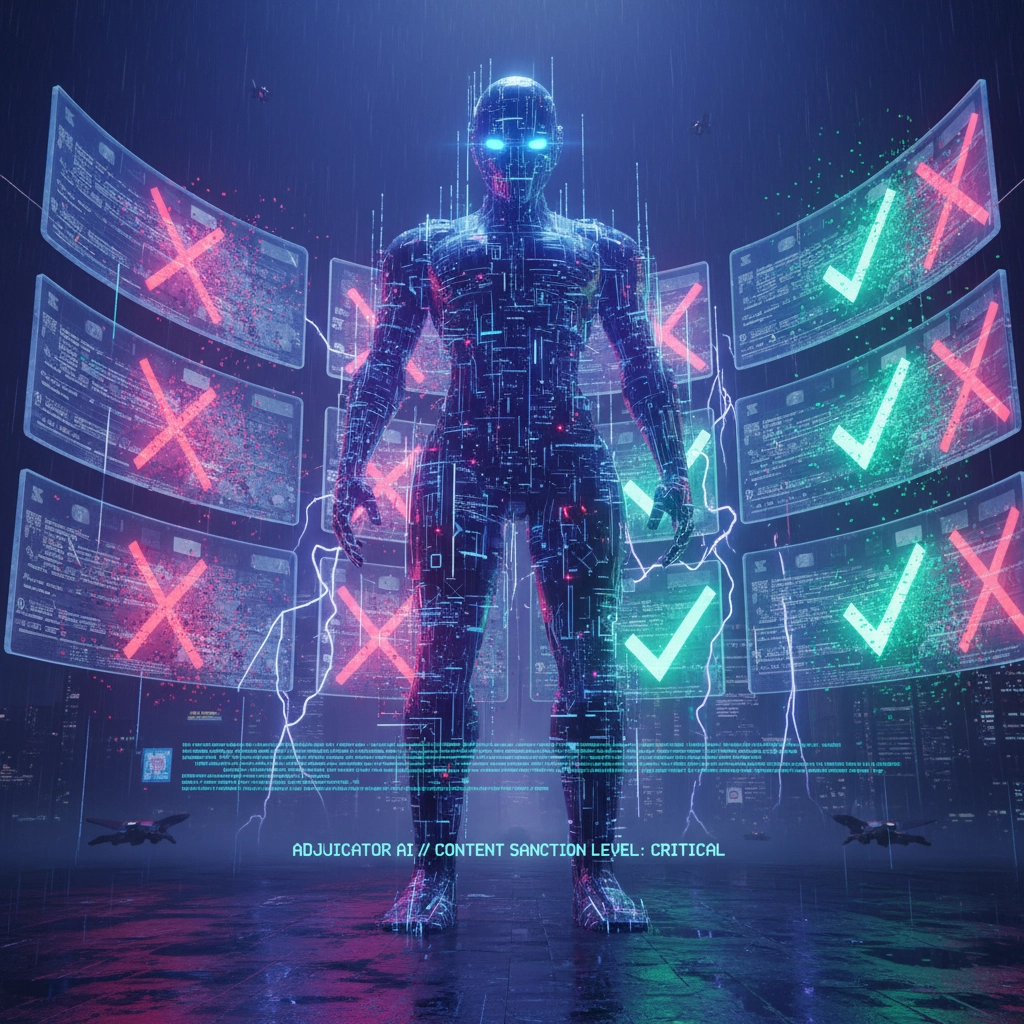
So Google's AI enforcement is working. But that creates a weird situation where Google uses AI to police ads while being secretive about how their own ad systems work. It's like having a security guard who won't tell you what they're securing.
The regulatory folks aren't buying it either. Senator Josh Hawley has been pressing Google executives on whether transparency alone is enough, or if we need bigger changes to how AI advertising works. The Department of Justice is also looking at new oversight requirements that would force more visibility into Google's "black box" auction practices.
Why This Affects Everyone (Yes, Even You)
You might be thinking, "This is just big tech drama : why should I care?" But this transparency issue touches everyone who sees ads online, which is basically everyone.
Think about it this way: Sarah, a small business owner, noticed her competitor's ads looked incredibly polished compared to hers. She didn't know they were using AI tools to generate perfect product photos and copy. Without transparency, she couldn't compete on a level playing field. She was comparing her human-made content to AI-generated content without knowing it.
That's the real-world impact. When companies don't disclose AI use, it creates unfair competition and misleading expectations for both consumers and other businesses.
The transparency issue also affects what kind of content we see. If algorithms prioritize AI-generated ads because they perform well (without people knowing they're AI), we end up in a world where authentic human creativity gets pushed aside. That's not necessarily progress : it's just change without choice.

The Regulatory Hammer Is Coming Down
The legal landscape is shifting fast. In September 2025, a federal court approved new transparency requirements for Google's search advertising practices. The ruling specifically targeted Google's "black box" auction system, requiring more visibility into how ad placement actually works.
But that's just the beginning. Regulators are asking bigger questions about whether transparency is enough, or if we need stronger rules about how AI can be used in advertising altogether. The current approach of letting companies self-regulate while consumers demand disclosure isn't working.
Some key changes on the horizon:
- Legal labeling requirements for AI-generated content
- Auction transparency rules for ad platforms
- Disclosure standards that companies must follow
- Consumer protection measures for AI advertising
What This Means Moving Forward
The transparency debate isn't really about being anti-AI or anti-technology. It's about giving people enough information to make informed choices about what they're seeing and buying.
Companies that get ahead of this trend are seeing real benefits. The data shows that transparency builds trust, and trust drives business results. The companies dragging their feet are likely to face more regulatory pressure and consumer backlash.
For consumers, this is about having agency in an AI-driven world. When you know something is AI-generated, you can judge it appropriately. When that information is hidden, you can't.
The solution isn't to ban AI in advertising : it's too useful and too widespread for that. The solution is to make AI use transparent so everyone can make informed decisions.
What do you think : should companies be required to label all AI-generated advertising content, or is that going too far?

